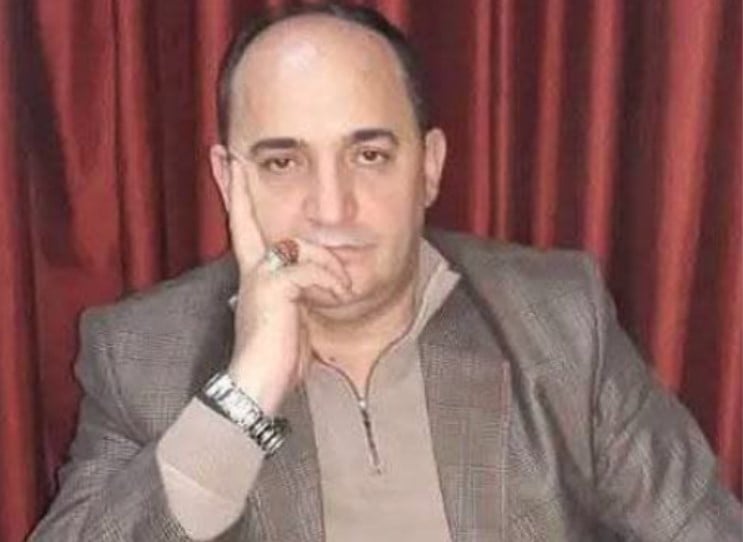‘We will not hesitate to hold accountable the criminals, murderers, security and army officers involved in torturing the Syrian people,’ the new Syrian leader Al-Sharaa said.
Syria’s fallen dictator Bashar Al Assad didn’t slaughter his people on his own. His brutal reign was enforced through a vast network of local officials and informants thirsting for innocent blood.
One of those men was Mazen Kneneh.
Described by the Britain-based Syrian Observatory for Human Rights as “one of the best-known loyalists of the former regime,” Kneneh was the Mayor of the Syrian city of Dummar.
He was responsible for the torture of thousands of young men in Assad’s notorious prison system.
On Friday, his life came to an abrupt end when fighters linked to Syria’s new Hay’at Tahrir al-Sham (HTS) administration shot him in the head on a public street. Kneneh’s bloodied body was left tied to a tree trunk for onlookers to see, AFP reports.
While HTS leader Ahmed Al-Sharaa has offered amnesty to military conscripts, he’s also promised to pursue Assad’s most notorious henchmen.
“We will not hesitate to hold accountable the criminals, murderers, security and army officers involved in torturing the Syrian people,” Al-Sharaa said.
“We will offer rewards to anyone who provides information about senior army and security officers involved in war crimes.”
He has already made high-profile arrests, including former military official Mohammed Kanjo Hassan, who was responsible for issuing death sentences in Syria’s notorious Sednaya prison.
Situated roughly 20 miles to the north of Damascus, Sednaya prison has since emerged as a powerful emblem of Assad’s savagery.
According to Amnesty International estimates, the facility held up to 20,000 people at its peak, comprising of two distinct buildings – the “red building” primarily housed civilian prisoners while the “white building” generally reserved for Syrian military officers and soldiers.
Former inmates describe to Amnesty being kept in complete darkness, with floors covered in blood and perspiration.
Guards would seize blankets and clothing if prisoners dared to speak or rest “without permission,” and family members were forced to torture one another under threat of execution.
The Association of Detainees and Missing Persons in Syria estimates that over 30,000 individuals died there through execution, torture, inadequate medical care, and starvation.


